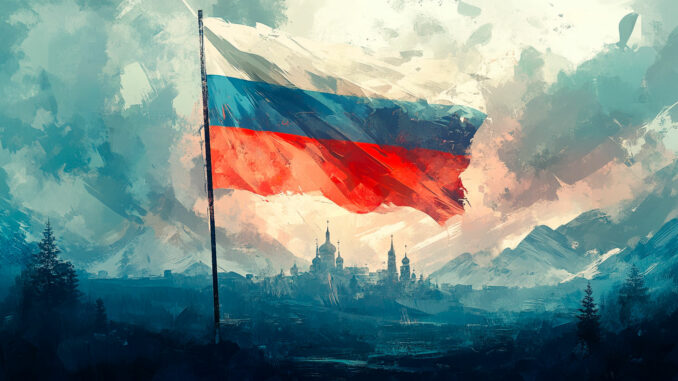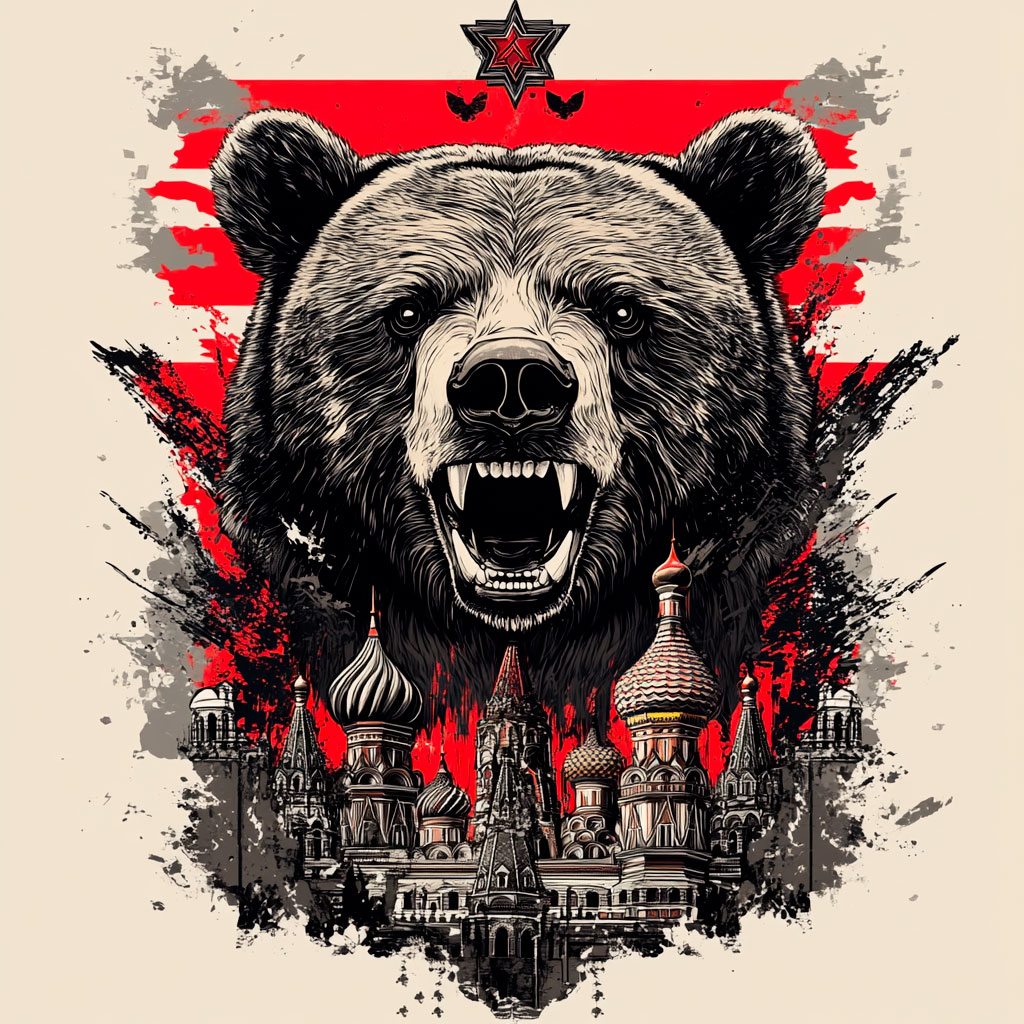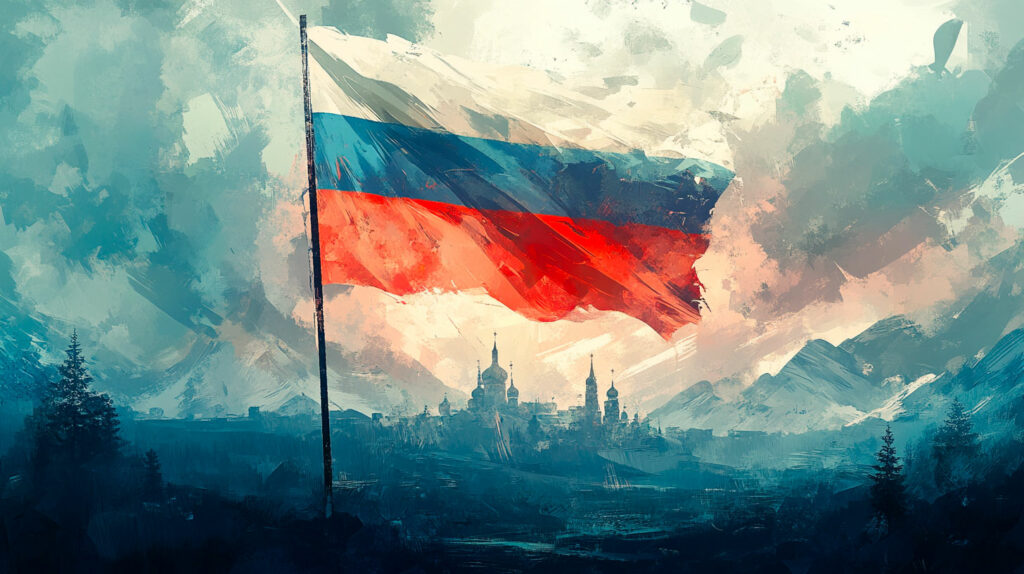
Analysis of the Russian war economy, sanctions, shortages and the impact on the defense industry and rail transport.
Since the invasion of Ukraine in 2022, Russia has been operating under a war economy. Faced with economic sanctions and shortages of essential materials, it has redirected its resources towards the defense industry. Despite rapid adaptation, deficiencies are appearing in military production and infrastructure, particularly railways, limiting the logistical transport capacity of the army and the economy.
The effects of sanctions on Russian industry
Since February 2022, Russia has been facing heavy economic sanctions that limit its access to electronic components and precision machinery. Importing these components via smuggling networks increases their cost and slows down production. Nearly 50% of Russian GDP was based on international trade before 2022, a figure now reduced by NATO restrictions.
The defense sector receives low-interest loans, enabling production to continue, but the weapons produced suffer from a decline in quality. The reliability of missiles and armored vehicles is declining, increasing the risk to Russian forces. The automotive and civil aeronautics industries are also affected, with sales of new vehicles expected to fall by 30% by 2023.

The war economy and its limits
The military budget has exploded, reaching almost 30% of public spending in 2023, to the detriment of infrastructure and social services. However, the country is suffering from a severe labor shortage, due to the exodus of over a million Russians and the human losses of the conflict. 500,000 Russian soldiers were killed or wounded, weakening industrial capacity.
Non-military companies are finding it difficult to obtain credit and recruit. To compensate, Russia is imposing coercive measures such as forced recruitment under the guise of bogus job offers.
Rail transport in crisis
Russia’s railway system, the country’s logistical backbone, is seriously affected. Since 2024, satellites have shown areas where trains have come to a standstill due to a lack of ball bearings, an essential component that Russia used to import from Europe.
Military logistics have been affected: the movement of troops and equipment to Ukraine has slowed down. With winter temperatures of -20 to -30°C, soldiers are short of food, fuel and protective equipment.
Pipelines carrying gas and oil remain active, but their maintenance relies on rail. Repairs take several days instead of a few hours due to access difficulties.

Impact on international relations
China is a key player in the Russian economy, absorbing a growing share of exports. However, Russia has to sell its oil at prices 20% to 30% below world prices. The absence of a direct pipeline to China complicates these transactions, forcing them to use sea transport, which costs up to 50% more than pipeline transport.
While China continues to deal with Moscow, it remains pragmatic. Growing Russian dependence is reducing its diplomatic influence and placing it at a disadvantage vis-à-vis its Asian partner.
Long-term consequences for the Russian economy
The Russian economy has not collapsed, but the outlook is bleak. With growth approaching 0% by 2024, logistical difficulties and dependence on the black market are not sustainable in the long term. The brain drain is weakening the technological and financial sectors, making industrial modernization more difficult.
Russia is trying to reposition itself in new markets, notably in Africa and Southeast Asia, but banking sanctions are complicating these exchanges. Deteriorating infrastructure, labor shortages and a lack of foreign investment are making the Russian economy more vulnerable than ever.
War Wings Daily is an independant magazine.